Easy-to-make solution turns brains transparent
Three common laboratory chemicals are all scientists need to create see-through brains ideal for visualizing complex neural circuits.
From funding decisions to scientific fraud, a wide range of societal factors shape autism research.
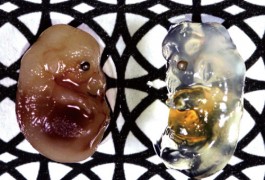
Three common laboratory chemicals are all scientists need to create see-through brains ideal for visualizing complex neural circuits.
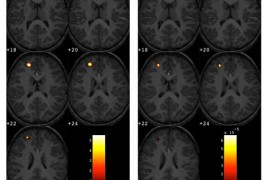
Girls with autism have more brain matter than do either controls or girls with developmental disabilities. This defect is particularly pronounced in the left superior frontal gyrus, a region in the medial prefrontal cortex that is responsible for higher-order cognitive function.
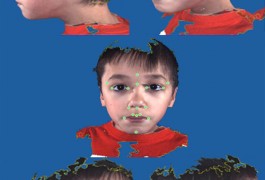
Individuals who have autism and dysmorphology comprise a distinct subgroup within the disorder, says geneticist Judith Miles.
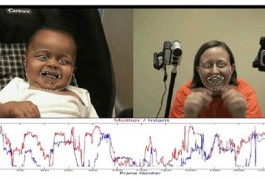
A $10 million grant from the U.S. National Science Foundation is funding a five-year project to develop new technologies that can help clinicians diagnose and treat autism.
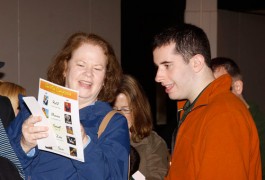
A special performance on Sunday of The Lion King created a comfortable environment for children with autism and their families to enjoy the theater.
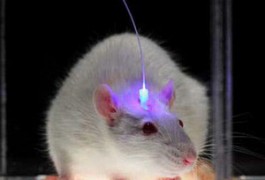
Researchers have engineered four new mouse lines that each show activation of a different subset of neurons in response to a blue light.

Duplications and deletions of genetic regions linked to autism are rare in individuals referred for genetic testing, but occur at a higher rate than in the general population.

President Obama signed a new law on Friday that authorizes $693 million in federal spending for autism research, services and treatment over the next three years.
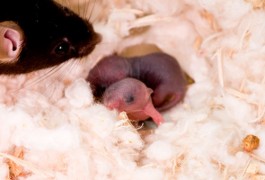
The male offspring of mice subjected to stress during pregnancy can transmit the effects to their own male pups.

A new study of nearly 6,000 pairs of twins suggests that the three core traits of autism are inherited separately, and to varying degrees, both in individuals with autism and in the general population.